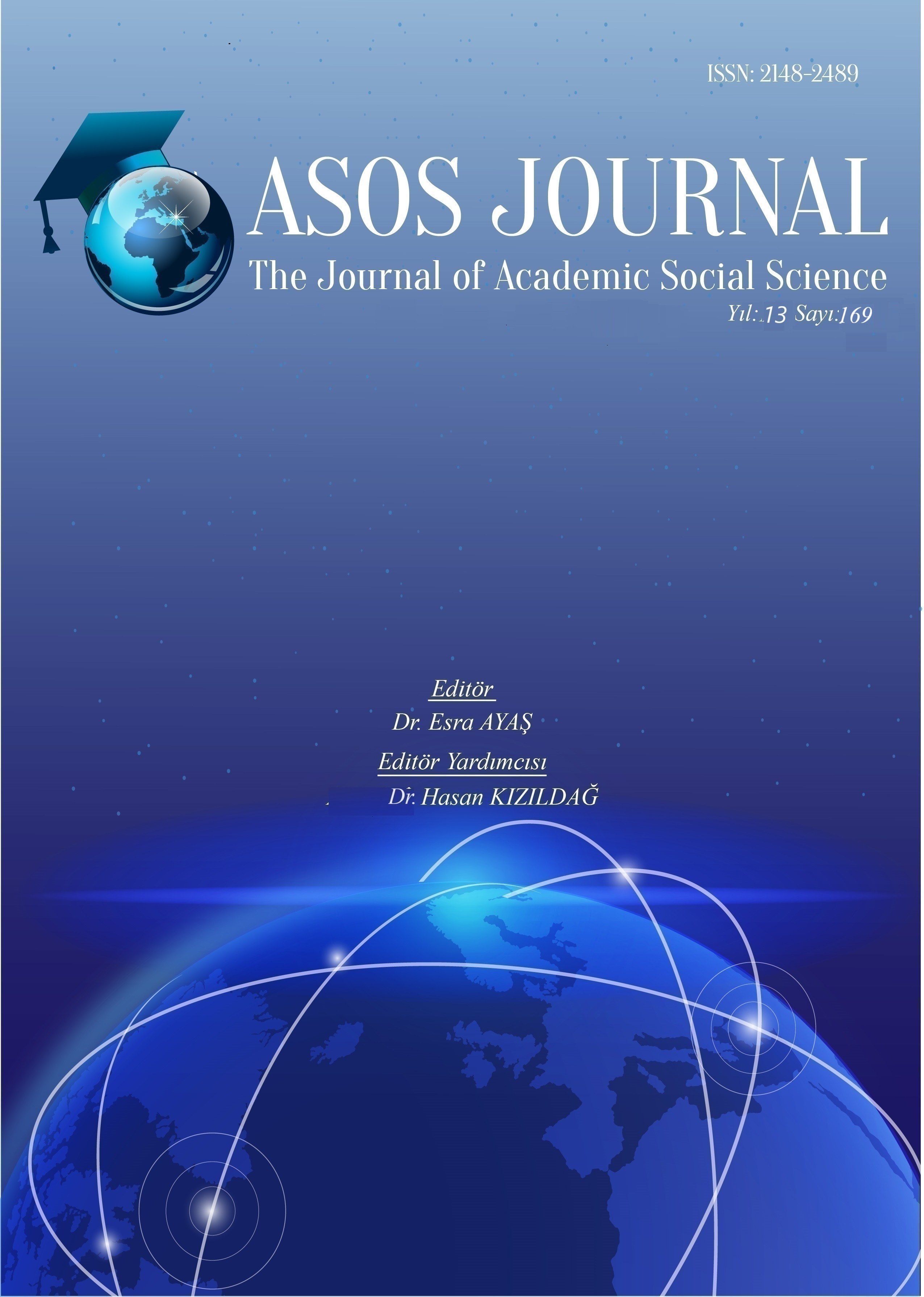Author :
Abstract
Otorite, her türlü insan ilişkilerinin olduğu yerde varlığından söz edilebilen ancak içerik, işleyiş ve mahiyet açısından tanımlanması güç bir kavramdır. Mendel (2005), otoriteyi gönülden itaat ettirme yolu ve düşüncesiz bir itaate dayalı olması nedeniyle usdışı bir kavram olarak tanımlamıştır. Otorite kavramı açıkça ifade edilmemiş olsa da içerik ve anlam itibarıyla onu çağrıştıran yaklaşımlar ilk olarak Antik Yunan döneminde ortaya çıkmıştır. Bu dönemde Yunan Polis’i, kamu yaşamında otoriteye benzer bir işlev üstlenmiş; kamusal-siyasi alan ile hane ve aile yaşamının özel alanı üzerinden şekillenmiştir. Otorite praksis alanında belirgin olarak Antik Roma’da karşımıza çıkmış, "babanın iktidarı" düzeni üzerine inşa edilmiştir. Roma İmparatorluğu’nun çöküşüyle birlikte siyasi ve manevi otorite Hristiyan kiliselerine geçmiş ve kiliseler, otorite ile iktidar ayrımını benimsemiştir. Aydınlanma döneminde ise akıl, pek çok kavramın tanımında olduğu gibi otoritenin tanımında da belirleyici ve başat bir rol üstlenmiştir. Toplumsal, psikolojik ve ekonomik dönüşümler otoritede değişim yaratmış ve toplumların derin köklerindeki dönüşümden beslenmiştir. 21. yüzyılda ise, bireyin iş yerine bağlılığı bağlamında şekillenmiş, patron figürü baba rolünü üstlenerek hiyerarşik otoritenin yerine performansa dayalı bir karakter kazanmıştır. Ancak rekabetçi sistem, bireyin kimlik kaygılarını, inançlarını ve ön yargılarını dönüştürmüş, otorite figüründe itibar kaybına yol açmış, post-truth dönemde ise baba otoritesi giderek zayıflamıştır. Freud’a göre otorite imgeleri, bireyin erken çocukluk döneminde ebeveynlerle kurduğu ilişkiler üzerinden şekillenir. İlk olarak anne, mutlak güç olarak algılanırken, zamanla baba belirleyici otorite figürü haline gelir. Oidipus kompleksi, bireyin bilinçdışında otoriteye duyduğu çatışmaları ifade ederken, babanın baskın figür olarak varlığı hem rekabet hem de hayranlık duygularını pekiştirir. Toplumsal yapıların dönüşmesiyle geleneksel baba figüründe değişim yaşanmış ve bireylerin otoritenin meşruiyetini sorgulamasına sebep olmuştur. Değişen baba temsili sonucu otoritenin dini ve patriarkal bağlamdan uzaklaşarak rasyonaliteye dayalı yeni bir yön kazanması zorunlu hal almıştır. Bu bağlamdan hareketle, otoritenin sekülerleşmesinden ekseriyetle bahsetmek mümkün hale gelmiştir.
Keywords
Abstract
Authority is a concept that can be mentioned wherever there are all kinds of human relations, but it is difficult to define in terms of content, functioning and nature. Mendel (2005) defines authority as an irrational concept because it is based on the way of making people obey wholeheartedly and thoughtless obedience. Although the concept of authority has not been clearly expressed, approaches that evoke it in terms of content and meaning first emerged in the Ancient Greek period. In this period, the Greek polis assumed a function similar to that of authority in public life; it was shaped through the public-political sphere and the private sphere of household and family life. In the field of praxis, authority appeared prominently in Ancient Rome and was built on the order of ‘father's power’. With the fall of the Roman Empire, political and spiritual authority passed to the Christian churches and the churches adopted the distinction between authority and power. In the Enlightenment period, reason assumed a decisive and dominant role in the definition of authority, as in the definition of many concepts. Social, psychological and economic transformations have created a change in authority and fed from the transformation in the deep roots of societies. In the 21st century, it has been shaped in the context of the individual's loyalty to the workplace, the boss figure has assumed the role of father and gained a performance-based character instead of hierarchical authority. However, the competitive system has transformed the individual's identity concerns, beliefs and prejudices, leading to a loss of prestige in the authority figure, and in the post-truth period, the authority of the father has gradually weakened. According to Freud, images of authority are shaped through the relationships the individual establishes with parents in early childhood. While the mother is first perceived as the absolute power, in time the father becomes the determining authority figure. While the Oedipus complex expresses the individual's unconscious conflicts with authority, the presence of the father as the dominant figure reinforces feelings of both competition and admiration. With the transformation of social structures, the traditional father figure has changed and caused individuals to question the legitimacy of authority. As a result of the changing representation of the father, it has become necessary for authority to move away from the religious and patriarchal context and gain a new direction based on rationality. Based on this context, it has become possible to talk about the secularization of authority in general.





